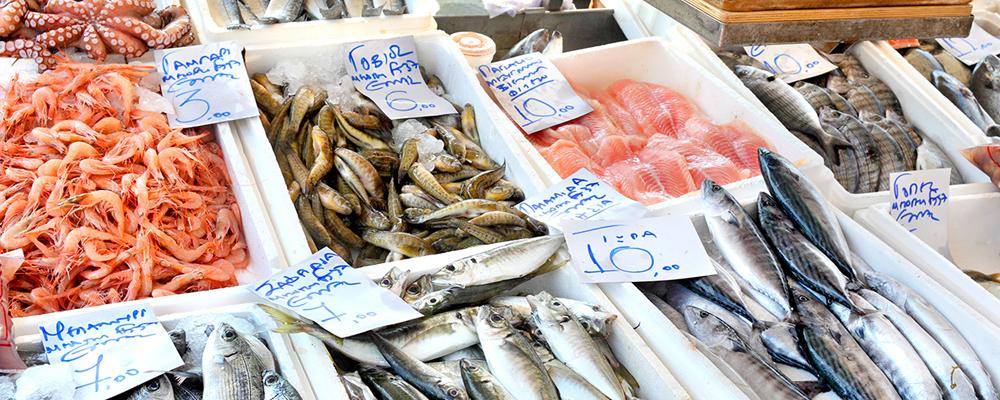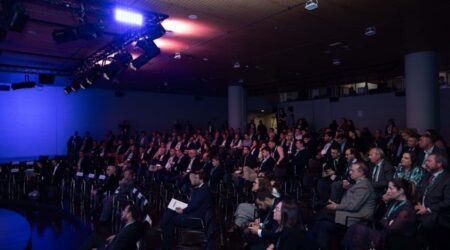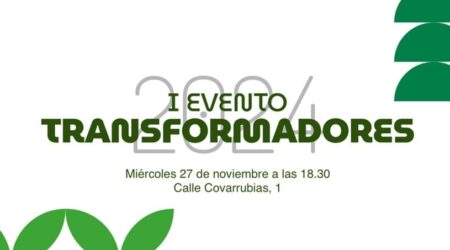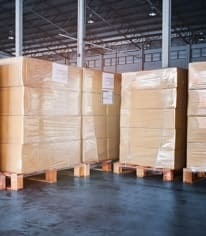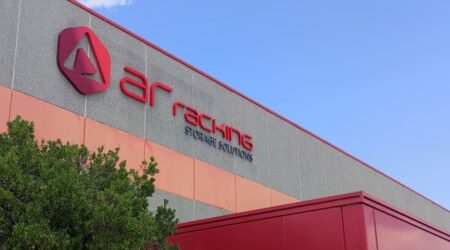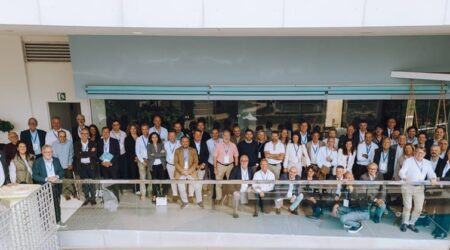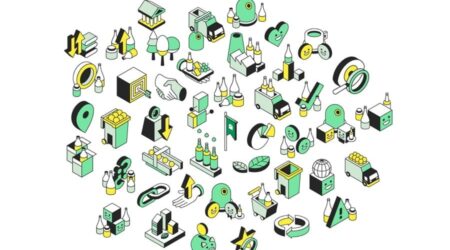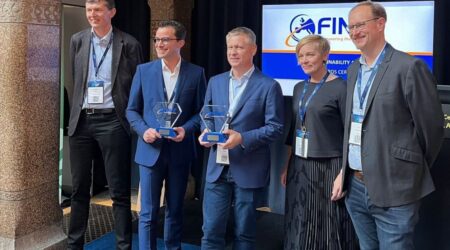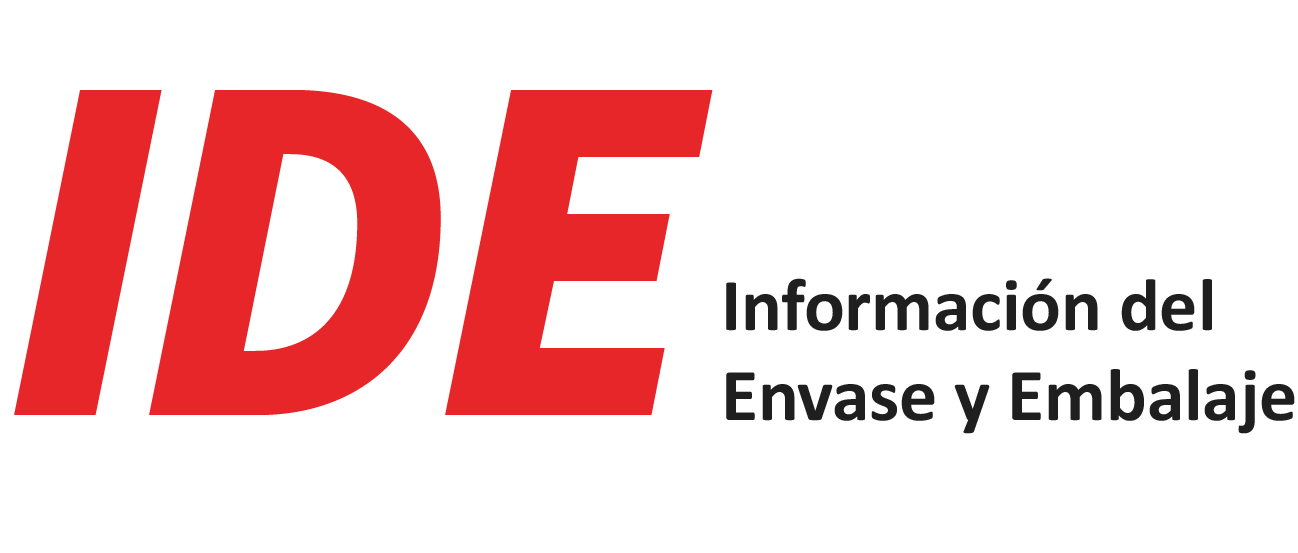New EUMEPS Board Mirrors the Full Life Cycle of EPS
The Board of EUMEPS, the association of European Manufacturers of Expanded Polystyrene, has reorganised itself to mirror the whole EPS value chain and to ensure that more of the packaging and insulation material is recycled.
This new EUMEPS board includes raw material suppliers and EPS converters as well as recyclers. This board reorganisation was carried out to facilitate additional joint projects and ensure increased EPS recycling.
“We are proud that the new EUMEPS board reflects the whole value chain of EPS from its manufacturing to its recycling. This makes the EPS industry a front runner in the circular economy as we now encompass the entire value chain,” said Dr. Klaus Ries, the new Chair of the EUMEPS Board and Vice President Business Management Styrenics at EPS raw material supplier BASF.
EPS is easily recyclable, and it is widely collected for recycling in a number of countries across Europe. EUMEPS demonstrates this by routinely publishing case studies of EPS recycling to inspire others to follow.
“We aim to ensure as close to 100% recycling of EPS as possible, however this requires that EPS waste is collected and sorted correctly. In order to achieve this we need to have recyclers integrated in the EPS Industry so we can close even more loops,” said Vice Chair Jonas Siljeskär, COO of BEWI, which also covers the entire EPS value chain.
Co-Vice Chair Harald Kogler, CEO of HIRSCH Servo, which also owns the EPS recycler Novopol, added, “We are glad that the new EUMEPS board now includes EPS recyclers, as this will allow better coordination for an even more circular EPS.”
A lightweight foam composed of 98% air and 2% polystyrene with outstanding protective and thermal insulation properties, EPS is frequently used in construction and in packaging to transport everything from heavy white goods to fragile medicines and transplant organs. EPS is a resource-efficient material that effectively contributes to Europe’s global objectives of reducing carbon emissions and the effects of climate change.
There are a number of different ways to recycle EPS. One recent example is PolyStyreneLoop, which was set up to demonstrate the feasibility of a large-scale demonstration plant as a closed-loop solution for the recycling of polystyrene insulation foam waste. Members of the cooperative are industry representatives from the whole polystyrene foam value chain. The plant, in the Netherlands, will go into operation this June.


